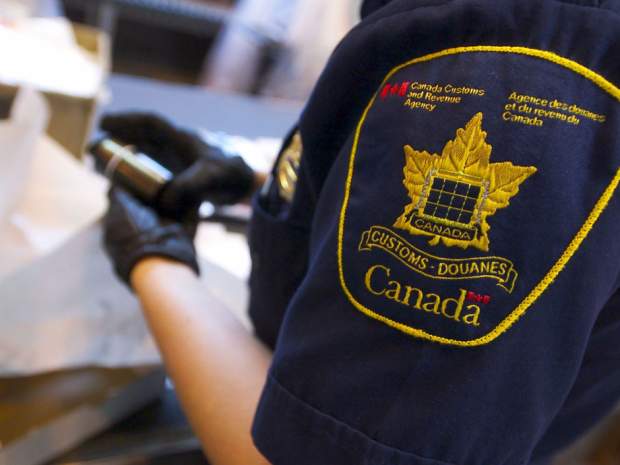Canada has been seizing increasing amounts of undeclared or suspected criminal money from mainland Chinese travellers, border officials said, with the amount confiscated last year more than double that taken in 2013.
Capital flight in various forms has been a growing concern for China, with factors ranging from the depreciation of the yuan to an anti-corruption campaign launched by Chinese President Xi Jinping at the end of 2012.
Reuters obtained limited seizure figures from the Canada Border Services Agency under the country’s access-to-information laws. The agency provided more comprehensive numbers in July.
The data showed seizures from Chinese citizens dipped by about one-quarter from 2012 to 2013, when they were at $5.5 million. Seizures jumped to nearly $11.5 million last year.
At least $6.5 million has been seized so far in 2016. By year end, that figure fcould eclipse 2015 levels, as the data consistently showed more seizures in the second half.
According to the agency, suspected criminal proceeds and undeclared money over $10,000 could be seized. The former is forfeit, while the latter can be returned on payment of a $250-to-$5,000 fine.
The agency’s numbers did not separate the two and did not indicate the exact origins of the seized money.
Canadian border service spokeswoman Esme Bailey said it is not unusual for the amounts seized to vary from year to year, and the agency does not base enforcement on nationality.
A spokesman for the Chinese embassy in Canada, Yang Yundong, said his government always urges citizens to “learn in detail and comply with” Canadian law. He said China’s own law enforcement does not tolerate illegally carrying money abroad.
China said last year more than one-quarter of its 100 most-wanted corruption suspects had fled to Canada.
The Royal Canadian Mounted Police declined to comment on the number of Chinese corruption suspects in the country. Canada’s Department of Justice said it does not track those numbers.
In the United States, penalties for not declaring currency over $10,000 can include a fine of up to $500,000 and up to 10 years in prison.
The value of U.S. seizures from Chinese citizens arriving by air, while roughly on par with Canada, consistently accounts for under 10 percent of the total, the U.S. border agency said.
Such seizures from Canada’s three largest airports alone make up more than one-quarter, according to the country’s data.




